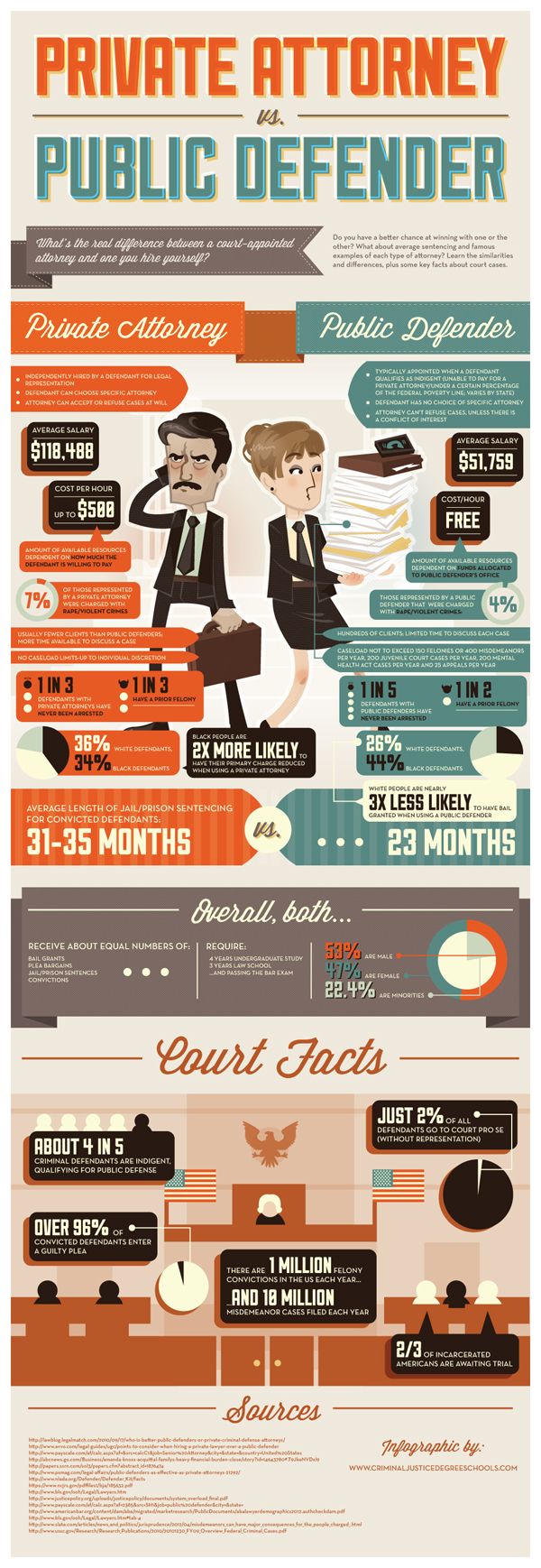Navigating A Criminal Trial: A Thorough Detailed Evaluation Of What Occurs
Navigating A Criminal Trial: A Thorough Detailed Evaluation Of What Occurs
Blog Article
Authored By-Ellis Schmitt
When you step into a criminal trial, you may be surprised by the organized process that unfolds. It all begins with court option, where possible jurors are looked at for prejudices through an approach called "voir dire." After that, both sides offer their opening declarations, establishing the stage for the proof and statements to comply with. You'll see exactly how the prosecution and protection build their cases, yet what takes place next can dramatically impact the end result. Recognizing these stages can reveal the complexities of justice, but there's more to discover regarding the critical moments that comply with.
Court Selection Process
When it comes to the jury selection process, you're diving into a critical stage of a criminal trial. This process, frequently called "voir dire," includes questioning possible jurors to guarantee they're impartial and capable of supplying a fair judgment.
You'll see both the prosecution and defense attorneys getting involved actively, each intending to select jurors that straighten with their case's story.
During voir dire, you'll discover that lawyers ask questions concerning jurors' histories, beliefs, and experiences. Their objective is to determine any pre-existing biases that could influence a juror's choice. As https://www.washingtonpost.com/dc-md-va/2022/06/01/gun-seizures-dc/ , you could feel a mix of nervousness and interest, however your sincerity is important.
After examining, lawyers can challenge details jurors for reason if they think a juror can't stay unbiased. They can likewise use a minimal number of peremptory obstacles to dismiss jurors without specifying a factor.
Trial Phases Explained
The stages of a criminal trial play an essential role in guaranteeing a fair and organized procedure.
You'll first run into the opening declarations, where both the prosecution and defense detail their situations. This sets the stage for what's to find.
Next off, the prosecution offers its proof and witnesses, intending to verify the defendant's sense of guilt past a reasonable uncertainty. You'll see straight exam adhered to by interrogation, permitting both sides to challenge the here and now info.
After the prosecution rests its instance, it's the defense's turn. They'll provide their evidence and witnesses, often focusing on developing reasonable uncertainty. You'll observe that the protection does not have to show innocence; they simply require to test the prosecution's case.
Once both sides have offered their disagreements, you'll hear closing declarations, where each event summarizes their case. This is essential as it enhances their settings before the jury mulls over.
Throughout these stages, the judge makes sure that the test adheres to lawful requirements which the rights of both events are shielded.
Recognizing these phases will certainly aid you value the intricacies associated with a criminal trial and the relevance of each step in the pursuit of justice.
Decision and Punishing
Besides proof has been presented and disagreements made, the jury or court provides a decision, determining the accused's guilt or innocence. If you become part of the jury, you'll mull over with your other jurors, going over the evidence and your impacts. This procedure can require time, as you'll wish to guarantee everyone agrees on the judgment based upon the truths.
Once a judgment is gotten to, it's announced in court. If the offender is found guilty, the following phase is punishing. This is when the court makes a decision the suitable punishment. You may notice that various variables affect the sentence, such as the severity of the criminal activity, the accused's past document, and any type of mitigating situations.
The judge may impose a series of sentences, from penalties and community service to jail time. In some cases, the protection or prosecution can present disagreements pertaining to sentencing, trying to persuade the court's choice.
If the defendant is found not guilty, they're acquitted, and no punishment adheres to. Bear in mind that a guilty decision can often cause appeals, where the defendant may test the judgment or the sentence enforced.
Verdict
In a criminal test, you have actually seen just how vital each action is, from jury selection to the last decision. You've adhered to the prosecution and protection as they construct their cases, aiming to convince the court. Once deliberation finishes up, the verdict figures out the result, and if the accused is found guilty, the sentencing stage begins. Understanding these processes assists you value the intricacies of the justice system and the relevance of each duty in making certain a reasonable test.
